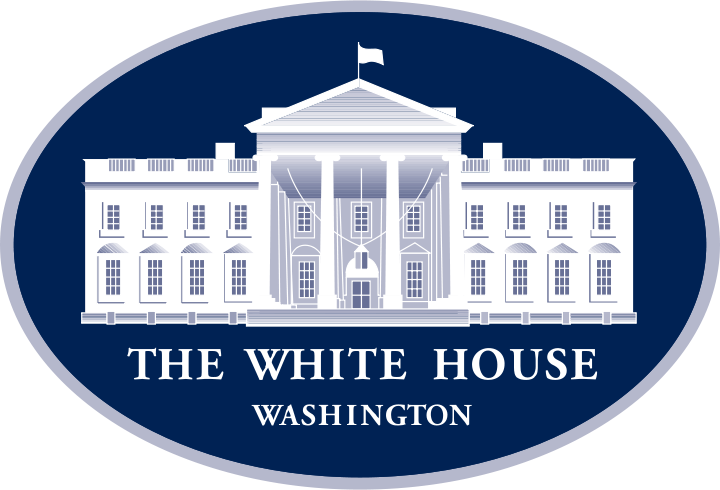
Recently, the United States endured the longest government shutdown in the nation’s history. For 35 days, without a federal budget passed by Congress and signed by the President, non-essential employees were furloughed and entire agencies were closed. The impacts of the shutdown were far-reaching, impacting the lives of many Americans, and still more people abroad. As the shutdown closed the offices of the USDA, FDA, National Science Foundation, and more, it caused great harm to scientific research, especially agricultural research.
One of the largest and most diverse agriculture-related scientific conferences, the Plant and Animal Genome XXVII Conference, was a microcosm of these impacts. Important sessions were canceled, researchers were blocked from attending, and meetings were missing important collaborators.
I sat down to talk about it with Jason Williams, the Assistant Director of External Collaborations and Lead of CyVerse EOT at Cold Spring Harbor Laboratory. Williams found himself at the center of efforts to help the conference cope with the gaps in the program, and saw how much harm the shutdown caused to US science and its position in the international scientific community. The shutdown may be over now, but its impacts will persist.
Impacts on science and people
While my current research is federally-funded, it was not directly impacted by the shutdown. But colleagues at my institution and nearby agricultural research stations had their work interrupted. And I’ve seen the impacts of previous shutdowns at the USDA offices in Madison, WI, and Asheville, NC.
Funding and access to research facilities is not a faucet that you can turn on and off at will. Research works best when funding is a consistent stream that allows scientists to plan, conduct, present, and maintain their research. That especially goes for the live plants, animals, microbes, and more that must be kept alive! I guarantee that some scientists were sneaking into greenhouses, barns, and more to keep the shutdown from destroying their work, even though they were not getting paid.
The people who dedicate their lives to doing scientific research in service of the public were not only let down, demoralized, and directly harmed by the recent shutdown, so were farmers, travelers, voters, and anyone who benefits from investments in science. (Hint: that’s you.) Internationally, it lowers the reliability of US science, and that’s a barrier to progress that is far more real than the debated barrier that led to this event.
How did the shutdown affect your research? Your farm? Tell us about it in the comments.
More impacts of the government shutdown
- NPR: Shutdown Puts Work On Hold For Researchers Collaborating With Government Scientists
- Science Magazine: U.S. government shutdown starts to take a bite out of science
- The Scientist: Government Shutdown Hits Funding, Resources, and Morale in Science
- Politico: Farmers cut off from their federal lifelines as shutdown persists
- Ohio Valley Resource: Farmers Still Dealing With Effects Of Government Shutdown